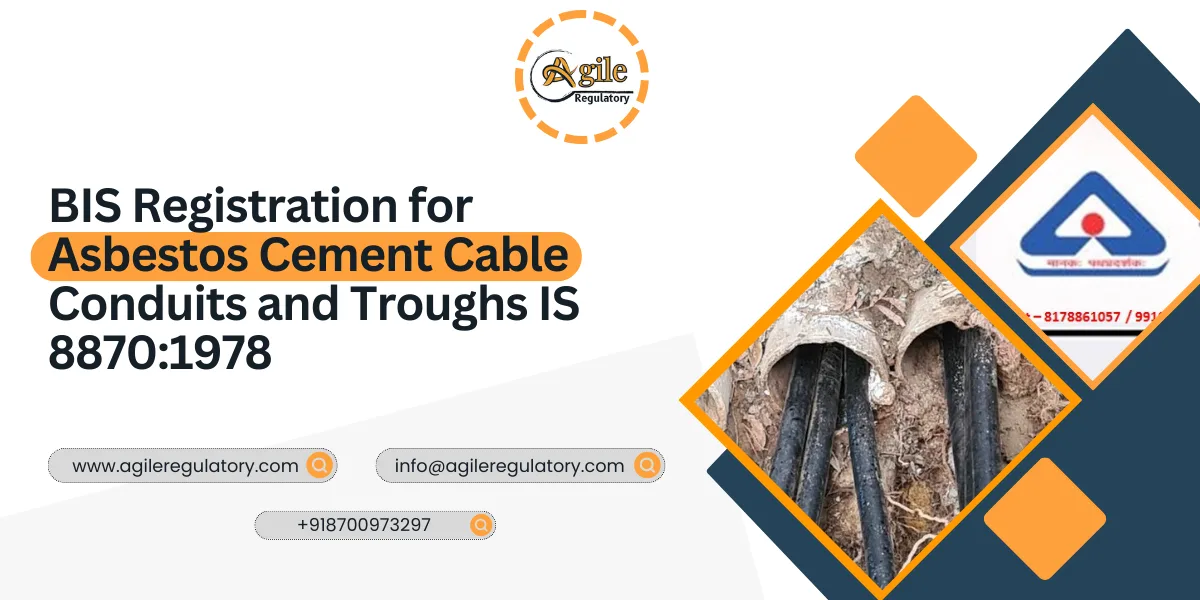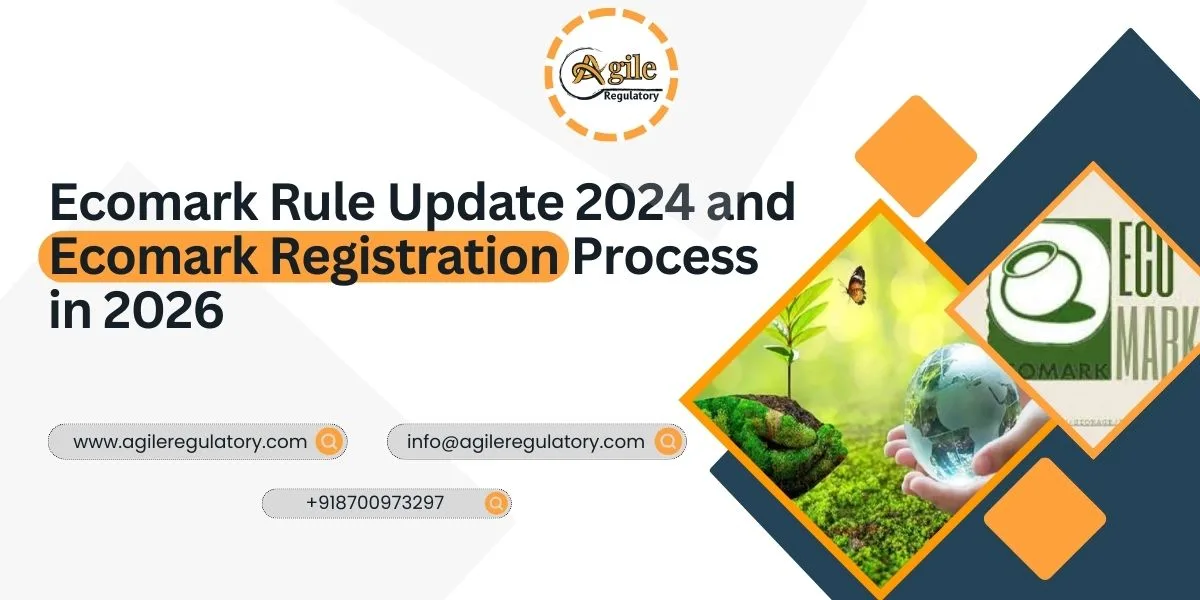
Get Instant Solution By an Expert Advisor
(4.8)


In the intricate world of pharmaceuticals, where innovation and regulation intersect, obtaining necessary approvals is paramount to ensuring the safety and efficacy of drugs. One such crucial regulatory aspect is the Additional Drug Controller No Objection Certificate (ADC NOC). In this blog post, we will unravel the complexities surrounding ADC NOC, exploring its significance, the process involved, and why it holds paramount importance in the pharmaceutical sector.
ADC NOC is not merely a bureaucratic formality; it is a gatekeeper that ensures the integrity, safety, and efficacy of pharmaceutical products entering the market. For pharmaceutical companies, understanding the significance of ADC NOC and navigating the intricate approval process is a critical aspect of bringing new drugs to patients while upholding the highest standards of quality and compliance. As the pharmaceutical landscape continues to evolve, the role of the Additional Drug Controller and the importance of ADC NOC remain pivotal in safeguarding public health and advancing innovation in the field of medicine.

 Vanshika Mathur
Vanshika Mathur
27 Feb, 2026

 Divya Saxena
Divya Saxena
27 Feb, 2026

 Nishi Chawla
Nishi Chawla
27 Feb, 2026

 Nishi Chawla
Nishi Chawla
27 Feb, 2026

 Vanshika Mathur
Vanshika Mathur
26 Feb, 2026

Get Instant Solution By an Expert Advisor
(4.8)
We simplify compliance through a proven 4-step process: Consultation, Documentation, Submission, and certification. From understanding requirements to getting final approvals, we deliver a smooth, timely, and fully compliant journey for your business.
What our customer says about us
Fantastic support from the team. Their expertise transformed our approach, driving remarkable outcomes. A must-have partner for businesses seeking effective consulting solutions. Highly recommended.

KTPL Instruments
Agile Regualtory delivers exceptional solutions. Their insightful guidance streamlined our processes and boosted profitability. Highly recommended for businesses seeking expert consulting services to thrive.

Justrack IOT
Impressed by Agile Regulatory's expertise. Their strategic insights and practical solutions have elevated our business operations. A reliable partner for effective consulting services. Highly recommended for growth-focused businesses.

Coaire Compressor
Extraordinary consulting services. Their insightful solutions and dedicated team reshaped our business, driving remarkable improvements. Highly recommend it for transformative results.

Easy Polymer
Incredible experience with Agile Regulatory. Their innovative strategies and expert advice revitalized our business model, resulting in impressive growth. Highly recommend their exceptional consulting services.

Tarus International
Top-tier consulting! offered strategic solutions that revolutionized our approach. Their deep expertise and personalized guidance made a significant impact on our success. Highly recommend their services.

Anchor Weighing
Agile Regulatory exceeded expectations! Their tailored solutions, expertise, and proactive approach led to remarkable results. Highly recommend for businesses seeking impactful and strategic guidance.

AM Capacitor
Outstanding service! delivered targeted solutions with professionalism and expertise. Their insights elevated our business strategies, resulting in noticeable growth. Highly recommended for exceptional consultation.

Imaxx Pro Aquistic
Leave a Reply
Your email address will not be published. Required fields are marked *